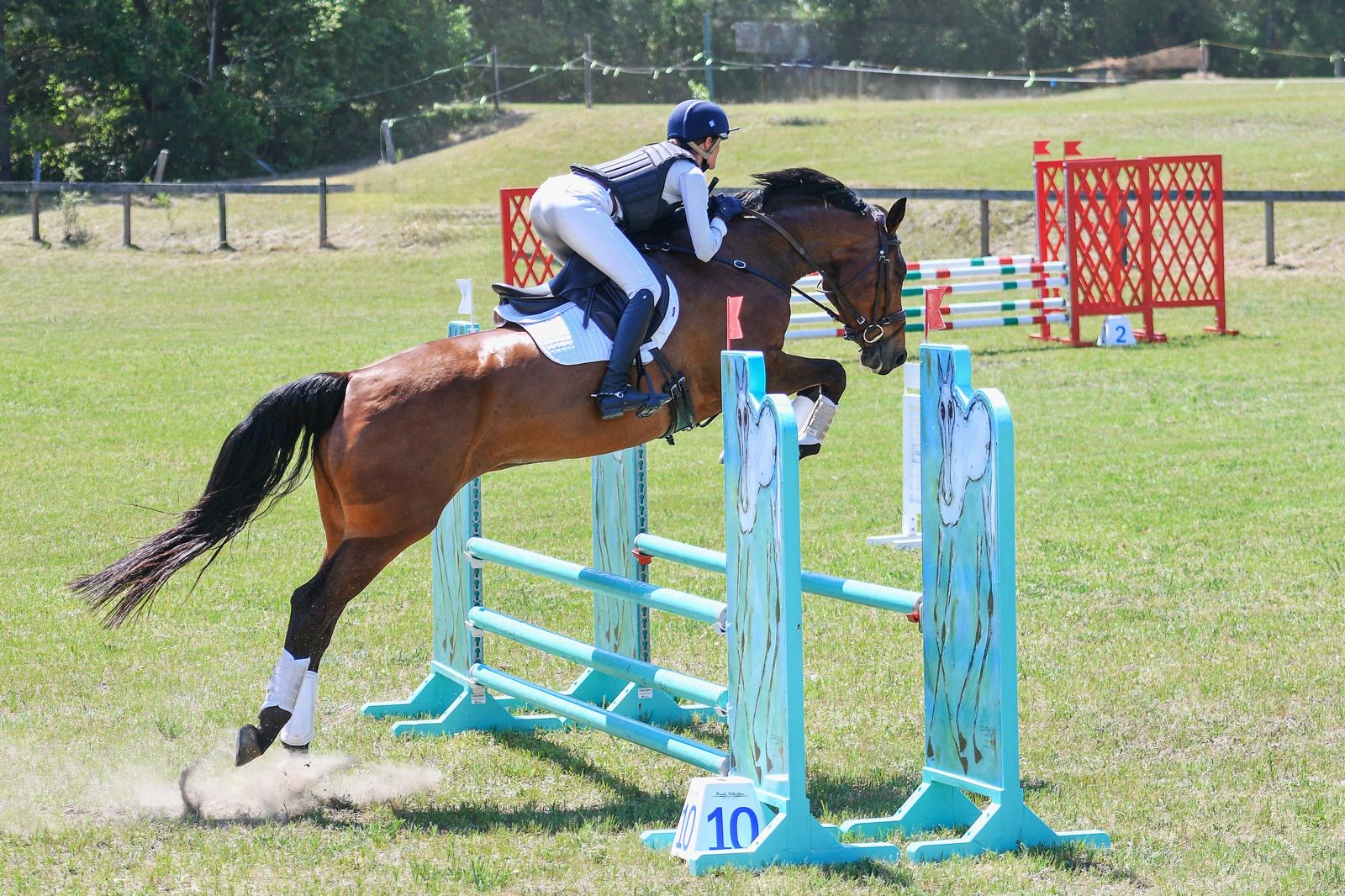The USEF hosted a town hall meeting Monday night at the Kentucky Horse Park to address a myriad of welfare issues facing the horse industry, which are outlined in this document entitled “Welfare of the Horse in the 21st Century.” David O’Connor, former USEF president and current coach of the U.S. eventing team, sat on the panel of experts in the meeting and responded to many of the questions posed throughout the night. Thanks to the live streaming broadcast on the USEF network, you can view the meeting in full by clicking here. The meeting ran for more than three hours, so I’m here to give you a quick breakdown of the three major discussions that took place.
Creating a Catastrophic Incident Protocol, or The Collapse Rule
Under current USEF rules, if a horse collapses on the show grounds, there is no requirement that the incident be reported. As a result, the USEF has put forth a proposed extraordinary rule change that will implement a Catastrophic Event Protocol that requires mandatory reporting of a collapse at a show. As defined by the USEF, a collapse is a fall to the ground with no apparent cause at any time from when entries arrive at the venue until departure from the venue. You can view the full text of the proposed rule change here.
You’ll notice in the text that the rule as presented at the town hall meeting requires that a collapse be reported within one hour of the incident. Audience members in attendance at the meeting objected that one hour is not enough time to file a report with the USEF, as the rider, owner and trainer of the horse would likely be attentively caring for the horse for an extended period of time following the collapse. The USEF made it clear that the proposed rule change language would be amended to allow more time for reporting, with three hours seeming the likely time allotment that will go into effect.
A New Category of Rules, or Prohibited Practices
The second major item on the town hall meeting agenda involved the creation of a new category of USEF rules in regards to prohibited practices. Specifically, a new rule would prohibit any injections from being administered to a horse within 12 hours of competing. There are three classifications of injections that would not fall under this rule: therapeutic fluids for dehydration, antibiotics to treat infections, and Dexamethasone to treat hives or other skin conditions. Those three exceptions would fall under permissible injections up to six hours out from competition when administered under veterinary supervision. You can view the full text of the proposed rule here.
Audience members raised concerns about the amount of Dexamethasone that can be injected under the new proposed rule, as some believed .5 milligrams per 1,000 pounds is not enough to properly treat all skin conditions that can plague horses. One audience members asked if acupuncture would be prohibited under this new rule. Dr. Kent Allen, chair of the USEF Drugs & Medicate Committee, clarified that the use of plain acupuncture needles would be permitted under the rule. While Dr. Allen admitted the three exceptions might not present an exhaustive list of when injections might be deemed medically necessary within 12 hours of competition, he believes the list to be very close to comprehensive.
Responsibility for Performance Horses in the Sport
The meeting concluded with the panelists discussing the need for greater accountability and a stalwart commitment to horse welfare within the sport, namely through increased and more comprehensive drug testing, better educational materials and training, and strict fines and suspensions for those who violate the rules. “If you have that level of abuse, the regulations need to be harder,” Bill Maroney, USEF Vice President of National Affiliates, said. “For serious offenses, the membership wants serious suspensions and serious fines. The hearing committee is ready to answer the call.”
David O’Connor spoke passionately about animal welfare throughout the meeting. “We can outright say that people have abused these drugs,” David said. “The regulatory body will always be behind the game. These procedures are so important to keep pushing ourselves to make the stand about what we think are ethical procedures, ethical treatments and ethical practices.” I have to give major kudos to the USEF for bringing these critical welfare issues to the public in a town hall meeting format. With a commitment to preserving animal welfare from governing bodies like the USEF, we can work toward securing a better future for our equine partners.




















